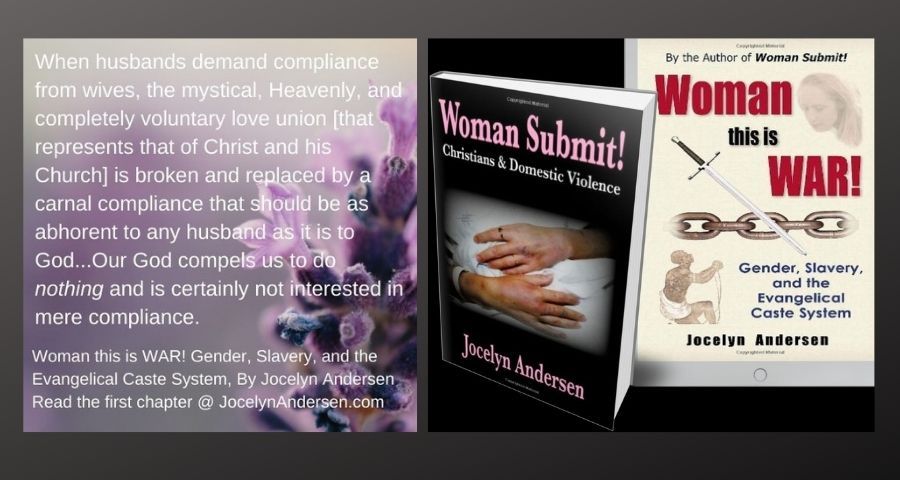1 Corinthians 15:3 For I delivered to
you first of all that which I also received how that Christ died for our sins
according to the scriptures 4: And that he was buried and that he rose
again the third day according to the scriptures 5: And that he was seen
of Cephas[1]
then of the twelve
[1] Paul proved himself to be a supporter
of women in ministry throughout his life: examples being his equal treatment of
Priscilla, Phoebe, and Junia (learning from Priscilla, calling Phoebe a deacon,
and calling Junia an apostle). But, at times, he bowed to the male-dominated
culture of his time. For instance, in his first letter to the Church at
Corinth, (chapter fourteen) Paul cited unauthoritative, extra-scriptural, and
anti-woman Jewish tradition (traditions and writings which Jesus soundly condemned
but men still cling to, today, to keep woman in her place), and when he wrote
of the resurrection, he mentioned Cephas as seeing Jesus first after he was
raised. Paul knew full well it was Mary, called the Magdalene (from Magdala)
who saw Jesus first—not Cephas—but for some reason, he chose to draw a curtain
of invisibility over the fact that it was a woman who first saw Jesus alive
after his crucifixion and preached the resurrection of the Messiah to The
Twelve (the 12th being Mathias, who was with them when Mary arrived
with the news Acts 1:21-22). Most experts agree that the gospels
were written after the epistles. The writers of the gospels, made sure to
correct Paul’s statement of putting Cephas first, and made certain that all the
world would know it was a woman who first saw Jesus alive after he had been laid
in the grave, and also that it was a woman, first, who preached the gospel of
the resurrected savior.
Do you have the
assurance of knowing that if you died today, you have Eternal
Life?
Did you find this article helpful? Link to this post
or share with your connections on social media
Questions and comments are welcome
Link to this book


